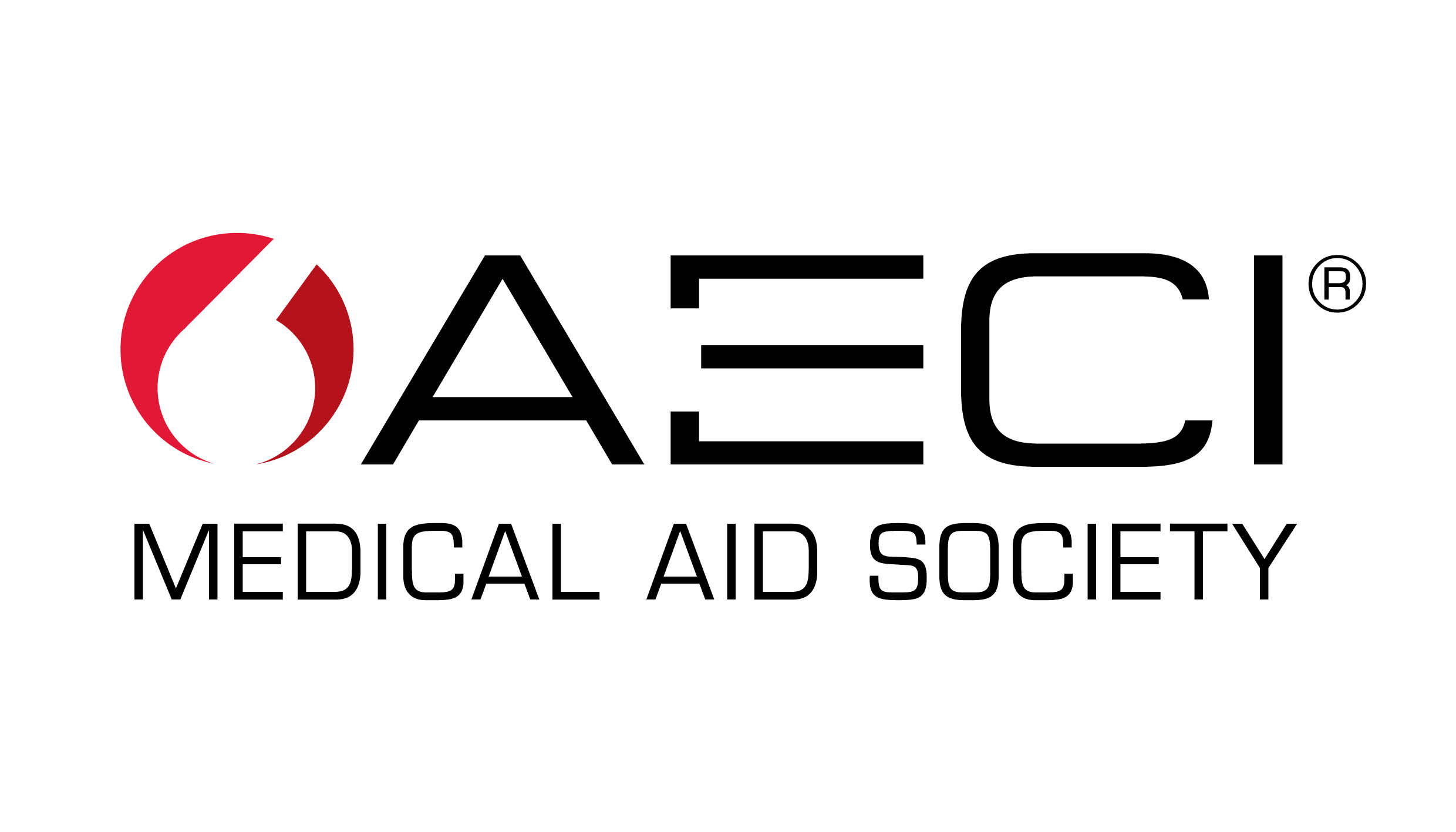Should YOU be screened for prostate cancer?
November is an important month in the calendar for men, as it is dedicated to raising awareness about major health issues that uniquely affect them. One of these issues is prostate cancer.
Prostate cancer affects one in 15 men in South Africa and is responsible for around 13% of male cancer-related deaths in the country.
Detected early, prostate cancer can be treated, so it’s important to get screened if your doctor recommends it.
You should consult your doctor if you identify with any of the below risk factors or are experiencing any symptoms.
Prostate cancer affects one in 15 men in South Africa and is responsible for around 13% of male cancer-related deaths in the country.
Detected early, prostate cancer can be treated, so it’s important to get screened if your doctor recommends it.
You should consult your doctor if you identify with any of the below risk factors or are experiencing any symptoms.
Who are at increased risk?
- Men over 50
- Those with a family history of the condition
Symptoms to watch out for:
- Erectile dysfunction
- Trouble urinating
- Blood in urine and semen
- Unintentional weight loss
- Reduced force in stream of urine
- Bone pain
Screening
Screening involves a digital rectal exam (DRE) and a prostate-specific antigen (PSA) blood test.
With a DRE, the doctor inserts his finger into the rectum and checks the back section of the prostate for any enlargement, lumps, or irregularities. This is the area where most cancers occur. A DRE may not detect any small, early tumours, but a PSA might.
A PSA blood test does not test for cancer itself. It tests for prostate-specific antigen, a type of protein that enters the blood when there is something wrong with the prostate.
Your doctor may recommend further testing if your PSA level is above 4.0 ng/mL and you are symptomatic.
Aside from prostate cancer, high PSA levels can also be caused by an enlarged prostate, inflammation of the prostate (prostatitis) or a urinary tract infection. To confirm a prostate cancer diagnosis, your doctor will refer you to a urologist, who will perform a biopsy.
Prostate screening can save lives, but it’s not necessary for everyone. Screening should only be undertaken on the advice of your healthcare provider.
Screening involves a digital rectal exam (DRE) and a prostate-specific antigen (PSA) blood test.
With a DRE, the doctor inserts his finger into the rectum and checks the back section of the prostate for any enlargement, lumps, or irregularities. This is the area where most cancers occur. A DRE may not detect any small, early tumours, but a PSA might.
A PSA blood test does not test for cancer itself. It tests for prostate-specific antigen, a type of protein that enters the blood when there is something wrong with the prostate.
Your doctor may recommend further testing if your PSA level is above 4.0 ng/mL and you are symptomatic.
Aside from prostate cancer, high PSA levels can also be caused by an enlarged prostate, inflammation of the prostate (prostatitis) or a urinary tract infection. To confirm a prostate cancer diagnosis, your doctor will refer you to a urologist, who will perform a biopsy.
Prostate screening can save lives, but it’s not necessary for everyone. Screening should only be undertaken on the advice of your healthcare provider.
References:
- https://www.theguardian.com-society-2024-jan-30-getting-fitter-can-reduce-prostate-cancer-risk-by-35-study-finds
- https://my.clevelandclinic.org-health-diseases-8634-prostate-cancer
- https://prostate-ca.co.za-screening-for-prostate-cancer-dont-wait-till-its-too-late
- https://prostate-ca.co.za-psa-blood-test-or-digital-rectal-examination
